
I had the opportunity to participate in the 10th edition of the Africa Regional Correspondent Banking Academy organised by Standard Chartered Bank, that came off at Hyatt Regency, Johannesburg, South Africa on the 4th and 5th July 2019.
The 2-day workshop brought together 33 Banks from 13 African countries with over 60 participants. The programme was also attended by representatives from International Monetary Fund (IMF), African Development Bank (AfDB) and International Finance Corporation (IFC).
The workshop was part of the bank’s efforts to equip and provide thought leadership in corresponding banking, tackling the key risk, new evolving and emerging trends, including the US-China trade wars and how they are impacting sanctions.
Delivering the welcome address, the Chief Executive Officer for South and Southern Africa at Standard Chartered Bank, Kwaku Bedu-Addo highlighted the importance for Banks on the continent to take correspondent banking seriously, de-risk and improve on surveillance which must be a collective effort of the banks in the Africa sub-region.
Senior Financial Sector Expert at IMF, Franscisco R. Figueroa stressed the need for African banks to address the concerns of correspondent banking to ensure a sound financial system, and that countries need to update their legal and supervisory framework.
He further indicated that regulators must establish a clear criterion for risk assessment and continue the dialogue with the private sector. He mentioned the need for multinationals to identify robust risk frameworks and strengthen supervision to foster trust.
In setting the scene on the emerging risks in correspondent banking, the Global Co-Head, Financial Crime Compliance at Standard Chartered, Patricia Suvillivan underscored the importance of investing in technology to manage such risk and added that the conduct and culture of banks is the function of their risk framework.
She mentioned that there are high numbers of trafficking in the United States of America for shell companies and in Southern Africa, the huge investment inflows will be a catalyst for financial crime. She also emphasised the need for Banks partnering Fintechs to understand and put in place a robust risk framework to monitor transactions for underlying clients.
She also encouraged compliance department of banks to review the Wolfsberg Group questionnaire which was developed by 13 banks globally that has become an important element in correspondent banking and look out for the new improvements in Wolfsberg which includes capacity building for banks.

Discussion on Global Regulatory Environment- Evolution and Revolution
In a presentation on how to modernize the fight against financial crime, John Cusak, Co-Chair of Wolfsberg Group indicated that the aim of Wolfsberg is to standardize industry practises to ensure that the future of banking is driven from a common front with the same understanding. He also gave an indication of the three emerging key risks being Sanction Risk, Correspondent Banking Risk and Money Service Bureau (MSB) Risk.
The new emerging risk which is giving pains to regulators is cyber threats, Crypto or Virtual Currency Risk. He implored banks to look at the above risk. He further intimated that Wolfsberg will further strengthen control to ensure effectiveness.
During various panel discussions, panellists shared their in-depth views on how banks can tackle cyber-enabled crime, enhanced due diligence for Financial Institutions, trends and emerging risks in Sanctions Compliance and how banks could connect correspondent banking relationship and trade from the IFC Global Trade Advisory, Global Regulatory environment covering Evolution and revolution, Fintech and New payments, Trade AML and Sanctions.
Jawed Hamdani, Head, Corresponding Banking, Due Diligence for Africa and the Middle East at Standard Chartered Bank accentuated the importance of senior managers of various banks to take due diligence seriously and not left at the doorsteps of Financial Crime and Compliance (FCC) departments; take interest in Request For Information (RFI) from corresponding banks.
He encouraged participants to take compliance seriously and that Banks who fail to pay close attention to non-compliance end up paying huge fines to regulators. Other speakers at the event include Anele Ncube; Principal Integrity Officer, Africa Development Bank, Suzette Els, Chief Compliance Officer, CIB Standard Bank Group, Kelly Parkhurst, Lead, Digital Corporate an Investment Bank, Absa. Lamin Drammeh, Chief Trade Finance Officer, Africa Development Bank and Faisal Hussain, Regional Head of Corresponding Banking, Africa and the Middle East at Standard Chartered Bank.

Cross-sectional view of participants
Representative Banks from Ghana who took part include Standard Chartered Bank, Fidelity Bank Ghana Limited, Guaranty Trust Ghana Limited and Republic Bank Ghana Limited.
Speaking to a section of the participants, they expressed delight in the various topics that have been discussed over the two-day workshop covering corresponding banking, risk and the new trends in the banking landscape.
The expressed the views that similar events should be hosted in Ghana to ensure best practices and built benchmark industry strength. In an interview with one of the organisers of the event, Funola Oni, Country Head of Transaction Banking at Standard Chartered based in Cote D`Ivoire, he mentioned that, the programme is part of the bank’s efforts to bring together banks in Africa to discuss issues of mutual interest that affect the corresponding banking sector globally.
He encouraged participants to take advantage of the workshop to review underlying clients’ transactions to comply with sanction screenings, Anti-money laundering (AML) etc.
I, therefore, encourage other banks within the African sub-region to take advantage of the annual Africa Correspondent Banking workshop to help strengthen their Due Diligence, Financial Crime, Compliance, and Transaction banking departments. Well done and kudos to the organisers, more especially to Faisal Hussian, Regional Head of Correspondent Banking for Africa and Middle East (AME) at Standard Chartered Bank.
Disclaimer: The views expressed are personal views and doesn’t represent that of the organisers or the institutions the writer works for.
About the writer
The author is a third year PhD (Financial Management) candidate, a Finance and Telecom enthusiast, managing local and global Investors, Intermediaries, Non-Bank Financial and Financial Institution relationships with an international bank in Ghana.
He has embarked on several international assignments in London, Singapore, Dubai, Kenya, Nigeria and Southern African markets. He has a passion for youth and community development. Contact:
Read Full Story


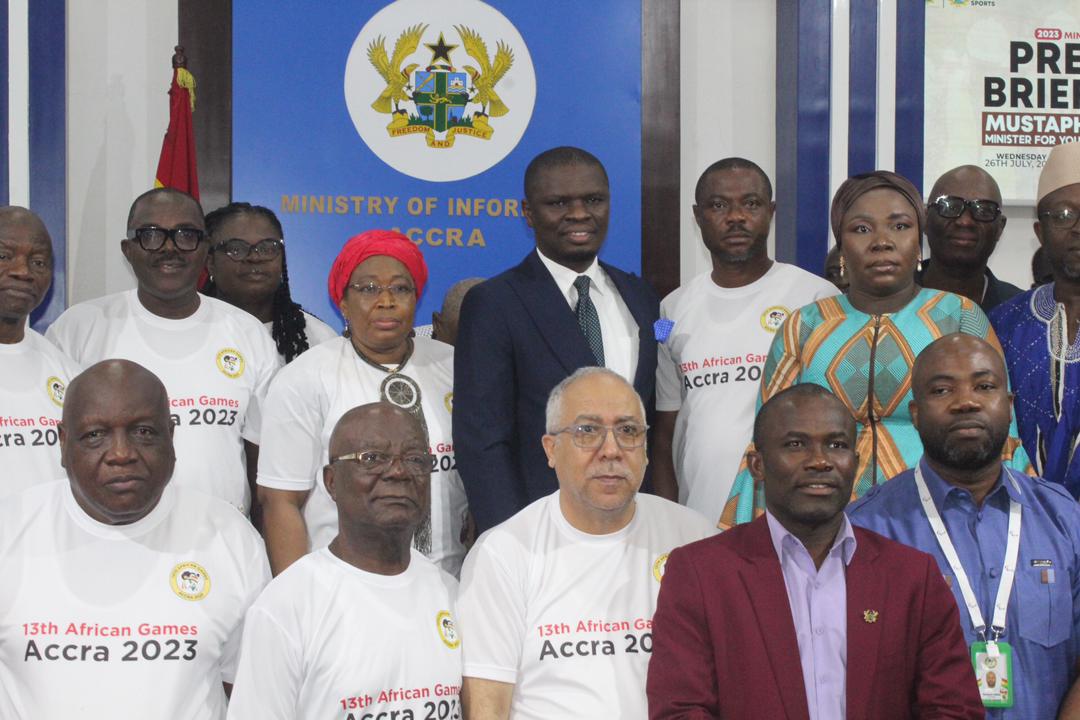









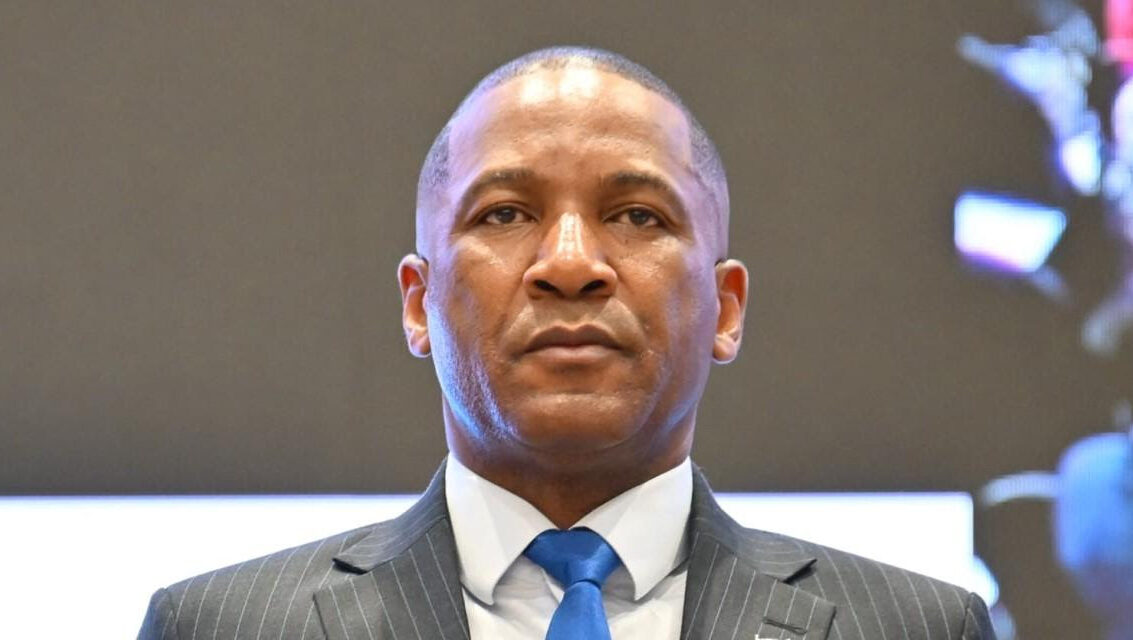

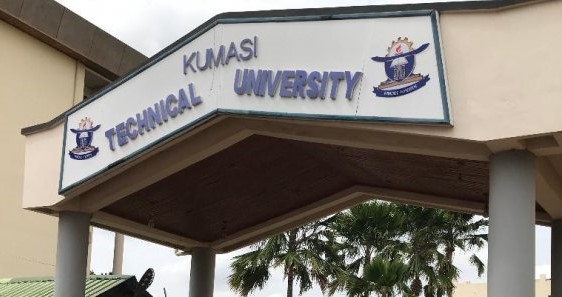


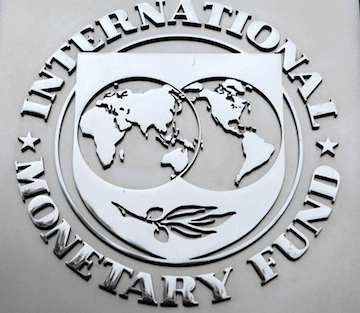
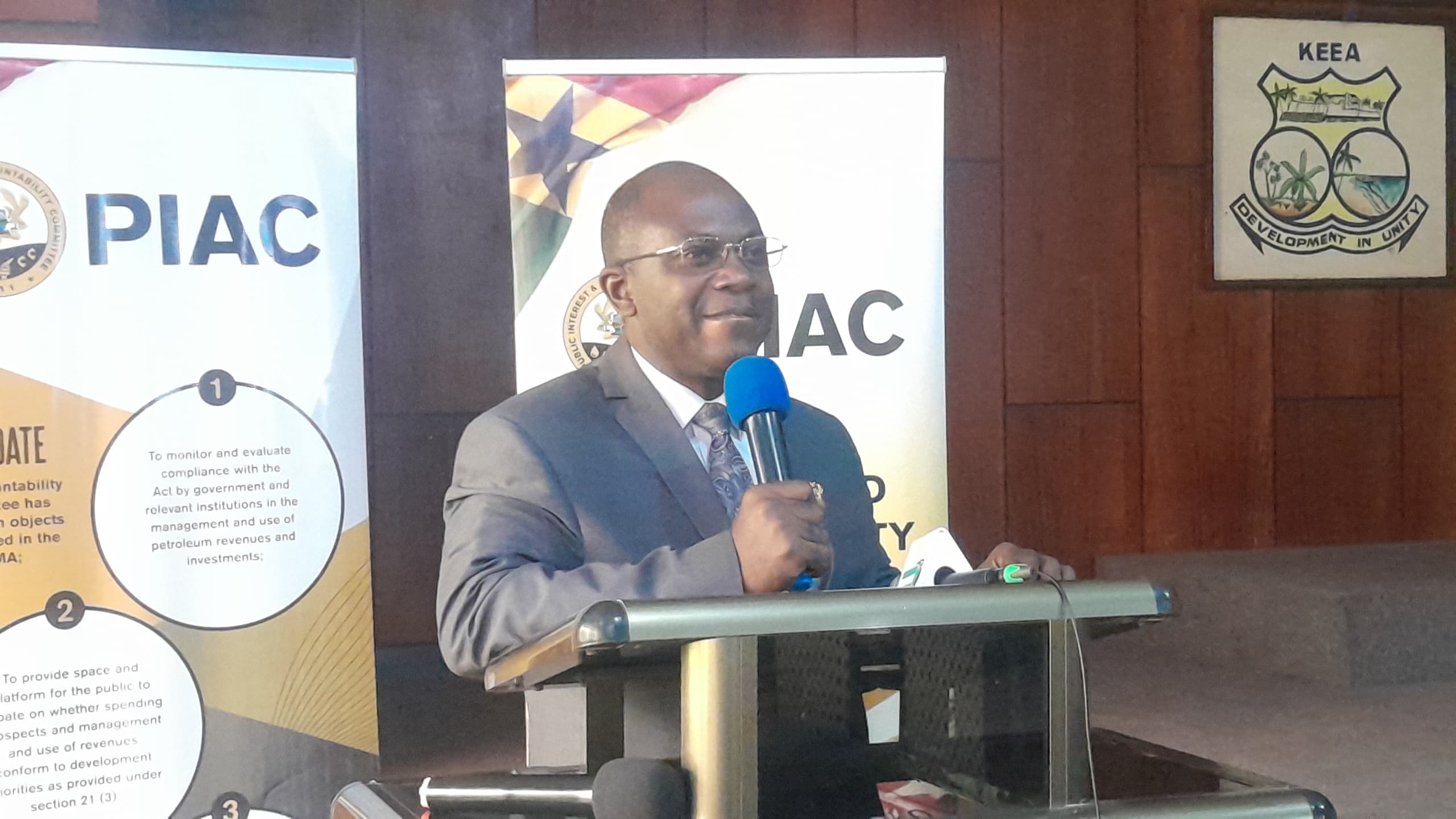
Facebook
Twitter
Pinterest
Instagram
Google+
YouTube
LinkedIn
RSS